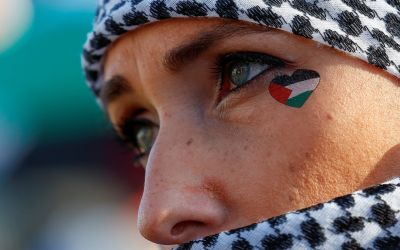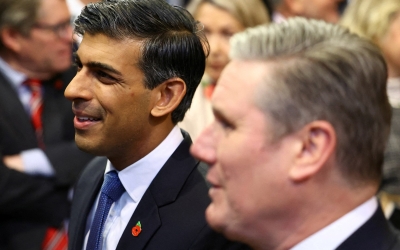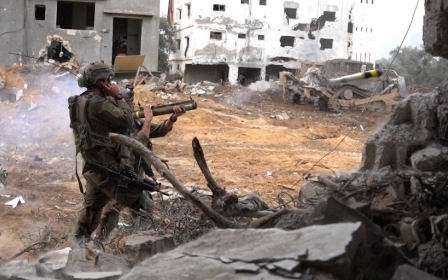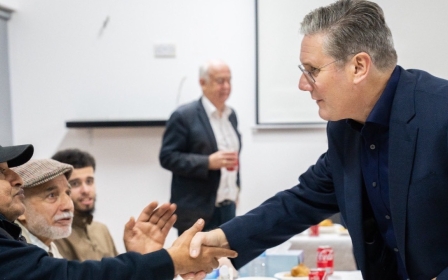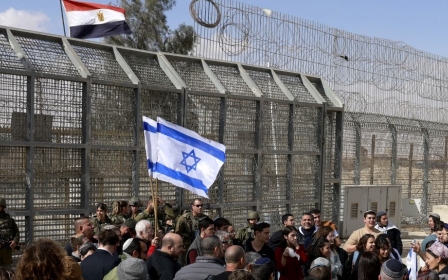War on Gaza: A fifth of Israeli captives in Gaza 'are dead', Unrwa calls to review funding cuts
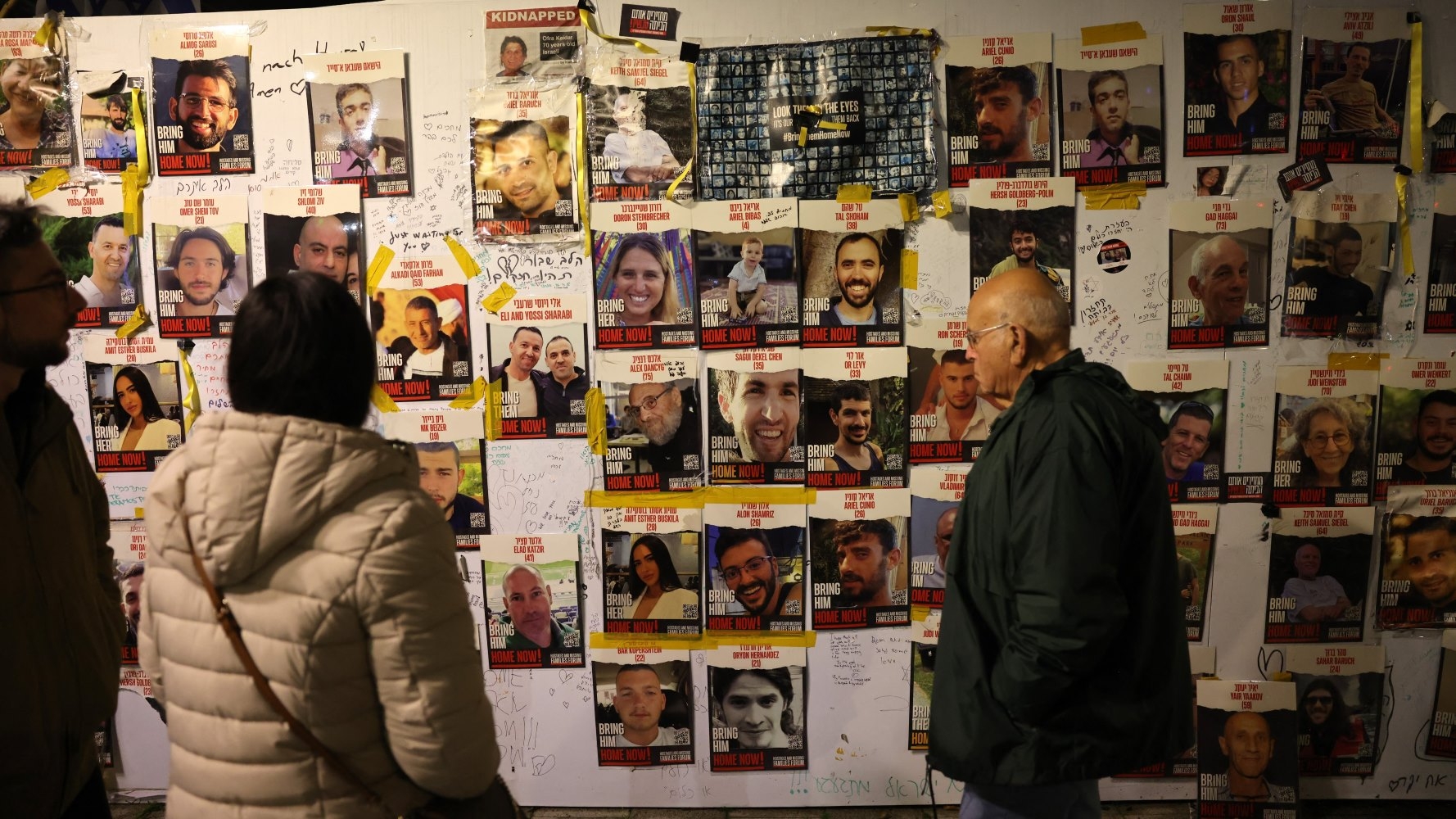
The Israeli military has concluded that over one fifth of Israeli captives still held in Gaza are dead, according to a report in the New York Times on Tuesday.
At least 32 of 136 captives in the beseiged enclave have died since the war began on 7 October, the report stated, citing a confidential internal assessment by Israeli intelligence officers.
The families of the 32 confirmed dead Israeli captives have been informed, according to several military sources who spoke to the New York Times.
Officers are also reviewing unconfirmed intelligence reports that 20 others may also have been killed.
Around half of 240 captives taken on 7 October were released as part of a prisoner exchange deal in November.
New MEE newsletter: Jerusalem Dispatch
Sign up to get the latest insights and analysis on Israel-Palestine, alongside Turkey Unpacked and other MEE newsletters
Several families of remaining captives have protested against Israel's war on Gaza, claiming that it has put the lives of their loved ones in danger.
The issue of how far Israel should go to ensure the safe release of hostages remains a divisive one in Israel.
Many hardliners believe that the war should go on irrespective of what happens to those captured, while families of those being held in Gaza argue that the Netanyahu government should agree to a full prisoner exchange with Palestinian groups.
This would involve the release of all Palestinians being held by Israel and all Israeli hostages being held by Hamas and other groups.
Additionally, Palestinian groups want a permanent ceasefire to follow any release of the hostages and the withdrawal of Israeli forces from Gaza.
Meanwhile, Netanyahu has insisted that Israeli military operations will not stop until Hamas is eliminated - a goal military observers say it is still far from achieving.
Negotiations, with Qatar and Egypt acting as mediators, have been taking place to end the impasse although no concrete agreement has been made.
In December, Israeli soldiers shot and killed three Israeli captives in Gaza who at the time were shirtless and held white flags, an initial probe by the military found.
Unrwa wants countries to review funding cuts
Elsewhere, Unrwa, the UN agency for Palestinian refugees, said that it expects donors to review suspensions of funding following the publication of an upcoming preliminary report addressing Israeli allegations about its employees.
Last month, Israel alleged that 12 of Unrwa's 30,000 employees took part in attacks on southern Israeli communities on 7 October.
The preliminary report will be available "in several weeks", according to Unrwa's Lebanon representative Dorothee Klaus.
"We assume donors would look into their decisions of having suspended funding to Unrwa," Klaus said.
The US, UK, Germany and Canada were among 16 countries which paused financing the agency following Israel's allegations.
Unrwa was established in 1949 - a year after the Nakba (or catastrophe) in which 750,000 Palestinians were forced from their homes during the creation of Israel - to provide healthcare, education and humanitarian aid to Palestinians in Gaza, the occupied West Bank, Jordan, Syria and Lebanon.
In Gaza, it runs 183 schools, 22 health facilities and seven women's centres, among several other facilities. Over 150 of Unrwa's staff have been killed by Israeli attacks since war broke out.
Teenager trapped in Gaza brings legal case against UK over parental separation
An 18-year-old trapped in Gaza is bringing a legal case against the British government after he was refused entry clearance to join his family in the UK.
The teen, whose identity has not been revealed, has been displaced internally in the besieged enclave repeatedly since 7 October.
When the conflict began, his parents were visiting his two older brothers who are currently based in the UK.
The legal case will argue on Wednesday that the 18-year-old - described by the Guardian as "emotionally, financially and practically dependent on his parents" - made successful entry clearance applications to visit his brothers in the UK alongside his parents, and had provided biometrics at a visa application centre (VAC) as recently as August 2022.
In December, he made an urgent entry clearance application to the Home Office but was refused, stating that he had not submitted his biometrics at a VAC in Gaza, despite the fact all the centres are now closed due to the fighting.
“This situation is extremely grave. It’s a ticking timebomb - he could be killed at any point. The toll on my parents is indescribable," his eldest brother said, according to the Guardian.
"My mother has Parkinson’s, the tremors have worsened now and it is spreading to other parts of her body. Every day, the probability he will be killed gets higher and higher. The anxiety is literally killing my mother, while my brother is alone, desperate and abandoned.”
Middle East Eye delivers independent and unrivalled coverage and analysis of the Middle East, North Africa and beyond. To learn more about republishing this content and the associated fees, please fill out this form. More about MEE can be found here.


